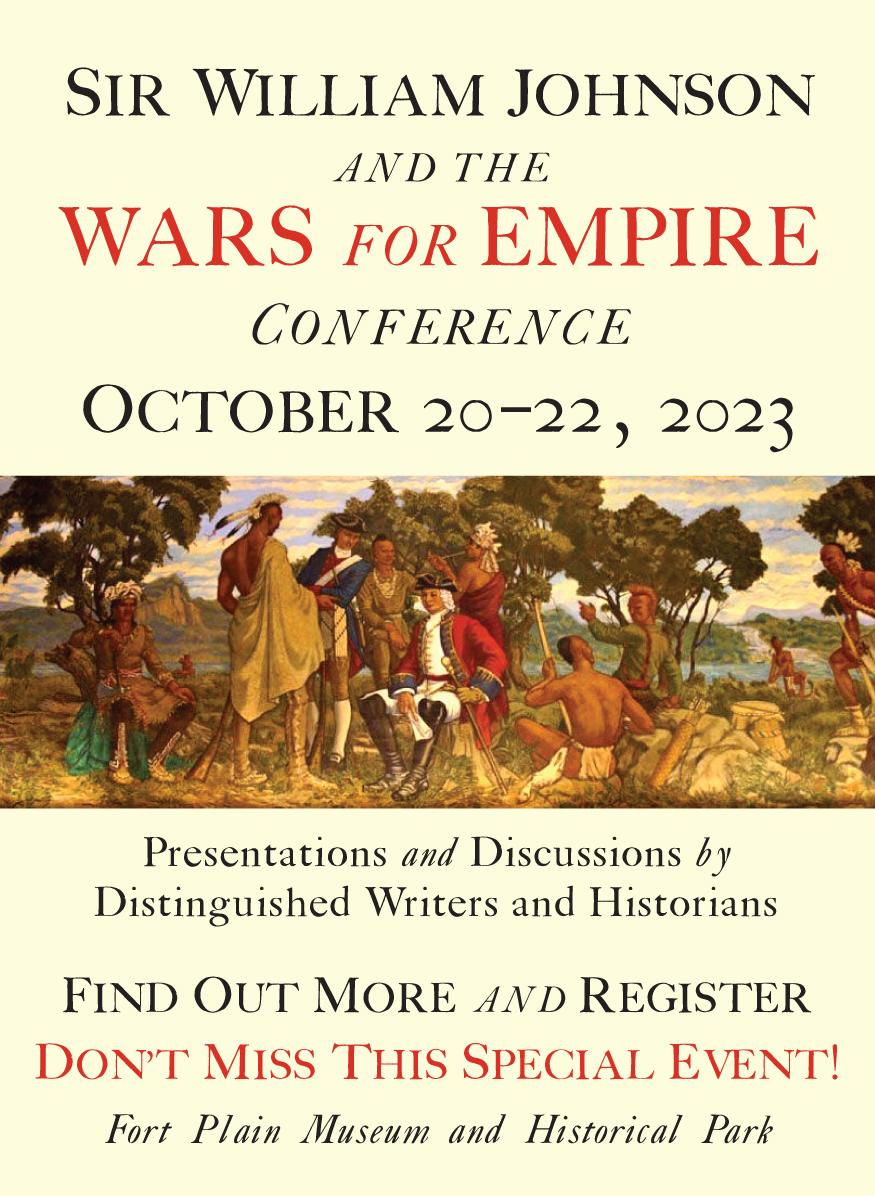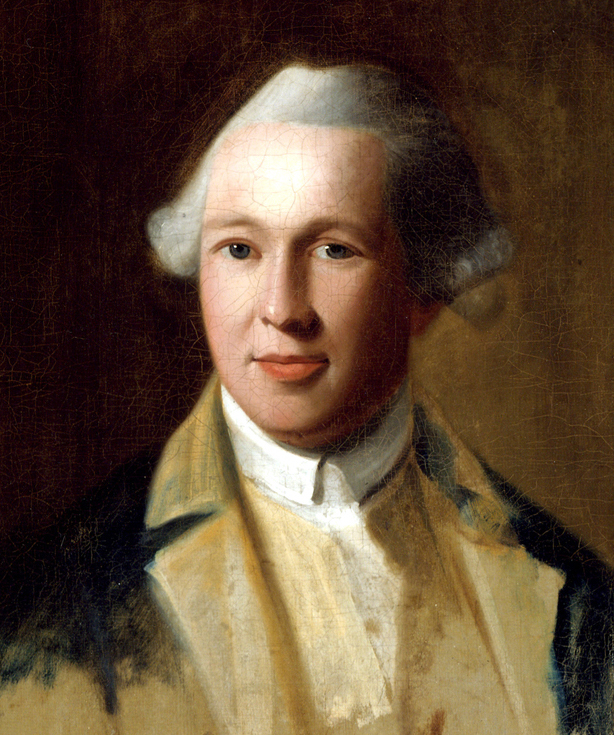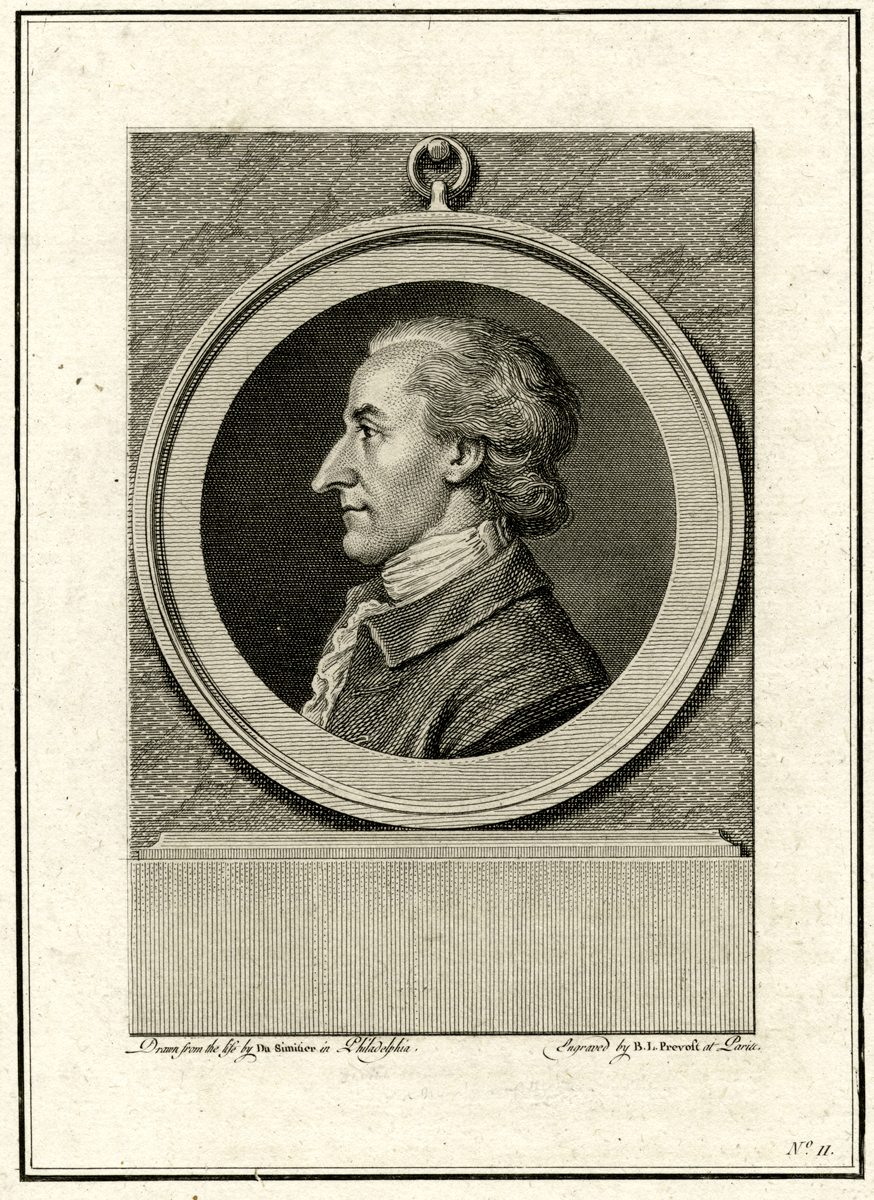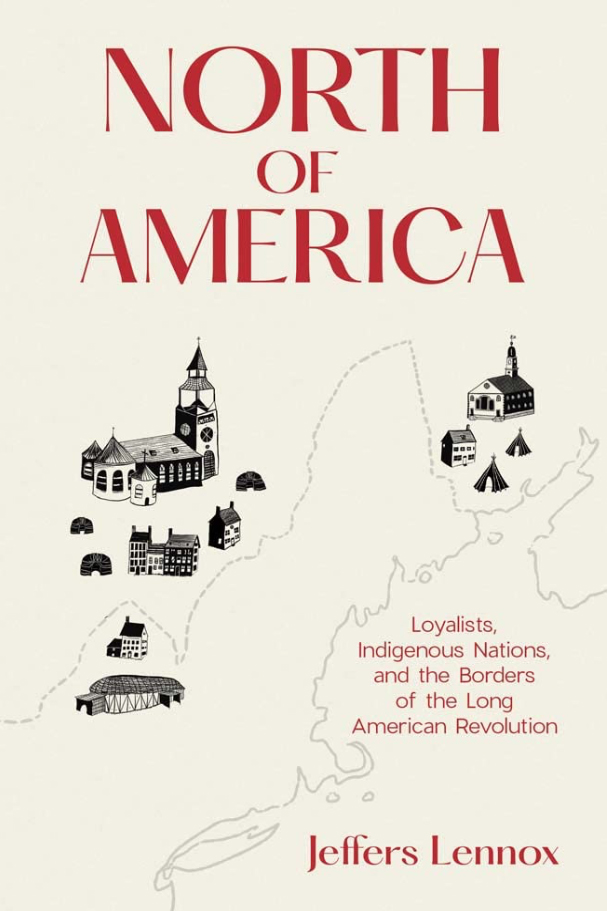On May 10, 1769 Parliament had voted to repeal all of the Townshend Acts except one – the tax on Tea. It was another four years before this law became a catalyst for open rebellion. Why was this Act left in place when the others were repealed?
In the 1760s, the United Company of Merchants of England Trading to the East Indies, better known as the East India Company, was a monopoly trading company in India and the Far East. On December 31, 1600, it had been granted its charter and monopoly privileges by Queen Elizabeth. 1 She hoped that the company would be able to break the Dutch East India Company’s monopoly on the spice trade. Eventually, it would do that as well as create scattered trading settlements and secure vast territory through conquest or treaty.
The company paid a 24% ad valorem tax on all of the tea that it imported into England and was forbidden to sell it directly to the retail merchants in the colonies. 2 The tax was £23 18s 7.5d on every £100 of the gross price. 3 The tea was “sold at auction to English wholesale merchants, who then sold to American wholesale merchants who in turn sold to [colonial] retail merchants.” 4 After purchasing the tea, the English merchants were subject to a second tax called the inland tax; it was one shilling per pound. Because the government of Holland did not tax the tea it imported (it is not known if the tea was subject to an inland tax), the tea was sold in the colonies at a much lower price. By 1767, ninety percent of the tea that the colonists drank was purchased from the Dutch.
The company was also required to pay to the government £400,000 a year to maintain its monopoly. Unfortunately, in order to pay its dividend of 12.5% to its shareholders in 1768, 5 it was forced to miss its payment to the government.
By 1773, the company was on the verge of bankruptcy predominantly due to corruption and mismanagement but also due to the colonial non-importation agreement and the smuggling of Dutch tea. Its debt was £8 million. 6 It was forced to cut its dividend to 6.0%, a share of the company on the London Stock Exchange had dropped from £280 to £160, and millions of pounds of unsold tea was rotting in the West India warehouses in London. 7 The company claimed that if they were allowed to sell their tea in the colonies without paying an export tax, they might become solvent. With the Tea Act still in place even though the other Townsend Acts had been repealed, on April 27, 1773 Parliament granted the East India Company the right to export its tea without paying the export tax, without paying the inland tax, and to sell it directly to colonial retail merchants.
With everything that unfolded between May 10, 1769 and December 16, 1773, the question remains, why didn’t Parliament repeal all of the Townshend Acts? The answer may lie in three documents. They are the Minutes of the May 1, 1769 Privy Council Meeting, the list of shareholders in the East India Company as of May 10, 1769, and a letter written by George III to Lord North on September 11, 1774.
On May 1, 1769 the Privy Council met at Lord Weymouth’s Office. Those present included Lord Camden, Lord Chief Justice of the King’s Bench and Lord Chancellor; The Duke of Grafton, First Lord of the Admiralty and Acting Prime Minister; and Lord Hillsborough, Secretary-of-State for the American Colonies. 8 A discussion took place as to whether their recommendation at the beginning of the next session of Parliament should be a partial or total repeal of the Townshend Acts. Each opinion was taken down by Lord Hillsborough. A vote was taken and the decision was five to four in favor of a partial repeal. Later, Lord Grafton would write, “Sir Edward Hawke [First Lord of the Admiralty] was absent from including the Teas in the repeal: I think he would have agreed with those, who voted for including the Teas in the repeal.” 9 If Hawke had been present and if he voted as Grafton assumed, the vote would have been tied and under such situations the Prime Minister’s opinion would have prevailed. It is possible that Grafton was anticipating Lord Rochford to vote for a total repeal since he, Grafton, was the person who nominated Rochford for his position. The minority, however, was able to prevail upon the majority by assuring them that when the circular to Colonial Governors announcing their decision was written, it would be “amend[ed] by words as kind and lenient as could be proposed … and not without encouraging expressions.” 10 Instead of running the circular by the council before it was sent, Hillsborough sent it off in a dispatch as quickly after the meeting as he could. This was discovered by the councilors when they were later given a copy of it. They quickly realized that the circular was not in the words or form of the last corrections agreed to by the cabinet. “It was drawn up in harsh and ungracious terms, and omitted all those softening expressions which the minority in the Cabinet had, as they thought, prevailed in introducing.” 11
On June 9 Lord Camden wrote to Hillsborough,
Lord Chancellor presents his compliments to Lord Hillsborough and begs leave to know, whether the circular letter to the governors of America, explaining the conduct of the King’s servants in respect to the dispute between Great Britain and the colonies is dispatched, or not: because Lord Chancellor has material objections to the draught which came first to his hands the day before yesterday.” 12
Hillsborough wrote back the same day,
Lord Hillsborough presents his compliments to Lord Chancellor, and is sorry the circular letter has long been dispatched. He wrote and sent it immediately after the Cabinet, nor can he conceive what can be his lordship’s objections to it, as it is exactly conformable to the Minute[s], and as near as possible in the same words. 13
Hillsborough claimed he spent half the day looking for the rough draught of the minutes but could not find it. He then claimed that he probably did not keep the original after he had constructed the “fair draught” from which he wrote the circular. He sent a copy of both to Camden. The “Fair Draught” read:
It is the unanimous opinion of the lords present to submit to His Majesty as their advice that no measure should be taken which can any way derogate from the legislative authority of Great Britain over the colonies. But that the Secretary of State in his correspondence and conversation be permitted to state it as the opinion of the king’s servants that it is by no means the intention of Administration nor do they think it expedient or for the interest of Great Britain or America to propose or consent to the laying any further taxes upon America for the purpose of raising a revenue, and that it is at present their intention to propose in the next session of Parliament to take off the duties upon paper, glass, and colours, imported into America, upon consideration of such duties having been laid contrary to the true principles of commerce.
The circular, on the other hand, read:
Whitehall May 13, 1769
Inclosed I send you the gracious speech made by the king to his Parliament at the close of the session on Tuesday last.
What His Majesty is pleased to say, in relation to the measures which have been pursued in North America will not escape your notice, as the satisfaction His Majesty expresses in the approbation his Parliament has given to them, and the assurances of their firm support in the prosecution of them, together with his royal opinion of the great advantages that will probably accrue from the concurrence of every branch of the legislature, in the resolution of maintaining a due execution of the laws, cannot fail to produce the most salutary effects. From hence it will be understood that the whole legislature concur in the opinion adopted by His Majesty’s servants, that no measure ought to be taken which can any way derogate from the legislative authority of Great Britain over the colonies; but I can take upon me to assure you notwithstanding insinuations to the contrary from men with factious and seditious views, that His Majesty’s present Administration have at no time entertained a design to propose to Parliament to lay any further taxes upon America for the purpose of raising a revenue, and that it is at present their intention to propose in the next session of Parliament: to take off the duties upon glass, paper and colours upon consideration of such duties having been laid contrary to the true principles of commerce.
These, sir, have always been and still are the sentiments of His Majesty’s present servants, and the principles by which their conduct in respect to America have been governed, and His Majesty relies upon your prudence and fidelity for such an explanation of his measures, as may tend to remove the prejudices which have been excited by the misrepresentations of those who are enemies to the peace and prosperity of Great Britain and her colonies, and to reestablish that mutual confidence and affection upon which the safety and glory of the British Empire depend. I am &c.
(Signed) Hillsborough. 14
A day or two later, Camden wrote back,
I had the honor or receiving your lordship’s note with copies of the Minute and the Circular Letter, and am very sorry to say that I cannot bring myself to approve the letter, though I have considered and reconsidered it, with the utmost attention. I wish your Lordship had not mislaid the original minute, because I do not remember the first sentence of the fair draught to have been part of that original, and so I told your lordship when you was pleased to shew me the draught a day or two after the meeting. All that I mean to observe to your lordship upon that subject is, that this sentence was not a part of the original minute, nor in my poor judgment necessary to have been made a part of it.
But the principal objection wherein I possibly may be mistaken, is to the letter, which ought to have been founded on the minute, and it is this, that the letter does not communicate that opinion, which is expressed in the second paragraph of the minute, and which the Secretary of State is authorized to impart both by his conversation and correspondence.
The communication of that opinion was the measure; if that has not been made, the measure has not been pursued, and therefore your lordship will forgive me for saying that though I am responsible for the minute as it was taken down, I am not for the letter. I confess that I do not expect this letter will give much satisfaction to America, perhaps the minute might: but as the opportunity of trying what effect that might have produced, is lost, I can only say, that I am sorry it was not in my power to submit my sentiments to your lordship before the letter was sent. 15
Grafton’s minority was angry and beside themselves; both documents were inaccurate depictions of what was decided in the Council on May 1. Grafton believed “the circular was calculated to do all mischief.” Frustrated, he quickly realized that any weight that he might have carried in the cabinet was now all but gone, especially since under his leadership his group could not carry a proposal on a matter belonging to his department. On January 13, 1770 Lord Granby resigned; on the 17th, Lord Camden resigned; and on the 20th, Lord Grafton resigned. Grafton’s greatest fear had occurred:
I shall ever consider Lord Chatham’s long illness, together with his resignation [Oct. 14, 1768], as the most unhappy event that could have befallen out political state. Without entering into many other consequences at that time, which called for his assistance; I must think that the separation from America might have been avoided … [with] his effectual support in the Cabinet … There can be no doubt, that the favor would have been gladly received by the colonies; especially, if it was held out to them, that their former constitutions, with their different charters, were no longer suited to their condition; and that Great Britain was ready to confer with them on establishing a free Government, dependent on the mother country, and exclusively possessed of the full right of taxing themselves.16
Six days after Chatham’s resignation, another pro-colonies member of the Privy Council tended his resignation – it was Lord Shelburne. It was his position that was filled by Lord Rochford.
Going back to the question asked earlier, “Why didn’t Parliament repeal all of the Townshend Acts?,” there were four apparent reasons. First, twenty-three percent of all the members of Parliament, that is, 118 sitting members of the House of Commons and 34 peers in the House of Lords, held stock in the East India Company between 1768 and 1774. 17 When the dividend was cut to 6% and the value of a share dropped from £280 to £160, then almost one quarter of the policy makers in Parliament suffered a 50% drop in the dividend income and 35% drop in the value of their investment. In today’s market, a stockholder would have dumped his shares quickly. The company was also deeply in debt with no apparent solution on the horizon. Any shareholder had to be concerned of a total collapse of the company and a 100% loss of his investment. The members of Parliament had a vested interest in finding a solution.
The second reason was that a total collapse of the East India Company would cause an end to British trading settlements along the coasts of India and allow France to become the major European trader in the East Indies.
Another reason had to do with budget problems caused by earlier legislation. Parliament needed to find a way of offsetting a property tax cut it had given the farmers. It also needed to pay governors’ salaries in the colonies, and also appease the English merchants and manufacturers that were losing money due to non-importation agreements. The solution was to repeal all of the taxes on the manufactured goods but retain the tax on the non-manufactured goods. This kept a tax in place that had the potential to bring considerable revenue.
Those three reasons were above all economic reasons; the final reason was political. It was expressed in a letter from King George III to Lord North, the prime minister, on September 11, 1774: “I do not wish to come to severer measures, but we must not retreat; by coolness and an unremitted pursuit of the measures that have been adopted I trust they will come to submit; I have no objection afterwards of their seeing that there is no inclination for the present to lay fresh taxes on them, but I am clear there must always be one tax to keep up the right, and as such I approve of the Tea Duty.” 18
1 Panchanandas Mukherji, ed., Indian Constitutional Documents (1600-1918). Vol. 1 (Calcutta: Thacker, Spink & Co., 1918), 1-20.
2 Peter David Garner Thomas, The Townshend Duties Crisis: The Second Phase of the American Revolution, 1767-1773 (Oxford: Oxford University Press, 1987), 18.
3 Samuel Baldwin, Surveys of the British Customs (London: J. Nourse, 1770), Second Part: 26, 91.
4 Edmund S. Morgan, The Birth of the Republic, 1763-89, 3rd edition (Chicago: University of Chicago Press, 1992), 58.
5 Narendra Krishna Sinha, ed., Fort William India House Correspondence and Other Contemporary Papers relating thereto, (Public Series) Vol. V (Delhi: Manager of Publications Government of India, 1949), 7.
6 William Cobbett, The Parliamentary History of England from the Earliest Period to the Year 1803, Vol. XXIII (London: T.C. Hansard, 1814), 1194.
7 East India Company: Trade and Domestic Financial Statistics, 1755-1838,” United Kingdom Data Archive, Study Number 5690; Alfred Thomas Story, The Building of the British Empire: 1689-1895 (London: G.P. Putnam’s Sons, 1898), 157.
8 The other attendees were Lord Gower, Lord President; Lord Granby, Commander-in-Chief of the Forces; Lord Rochford, Secretary-of-State for the Northern Department, Lord Weymouth, Secretary-of State for the Sothern Department, Lord North, Second Lord of the Treasury and Chancellor of the Exchequer; and General Conway, Minister without Portfolio who remained in the Cabinet at the King’s desire. Philip Henry Stanhope, The Earl of Stanhope, History of England from the Peace of Utrecht to the Peace of Versailles, 1713-1783 (London: J. Murray, 1851), 5: Appendix xxxi.
9 Sir William R. Anson, ed., Autobiography and Political Correspondence of Augustus Henry Third Duke of Grafton K. G. from hitherto Unpublished Documents on the Possession of his Family (London: John Murray, 1898), 230.
10 Ibid.
11 Stanhope, History of England, 243.
12 Sir William R. Anson, ed., Autobiography and Political Correspondence of Augustus Henry Third Duke of Grafton K. G., 231. This endnote and the three that follow reference copies made from the records of Lord Camden by the Duke of Grafton’s son.
13 Ibid.
14 Ibid., 233; Colin Nicolson, ed., The Papers of Francis Bernard, Governor of Colonial Massachusetts, 1760-1769 (Boston: Colonial Society of America, 2015), 5:263-63; William S. Powell, ed., The Correspondence of William Tryon and Other Selected Papers (Raleigh: Division of Archives and History, Department of Cultural Affairs, 1981), n:334.
15 Ibid., 231-2.
16 Ibid., 225-6.
17 Huw V. Bowen, “‘Dipped in the Traffic’: East India Stockholders in the House of Commons, 1768-1774,” Parliamentary History, Vol. 5 (1986), 40-2.
18 “King George III to Lord North, 11 September, 1774” in William Bodham Donne, Correspondence of King George III with Lord North (London: John Murray, 1867), 1:202.














3 Comments
Now this is research! Good job, Mr. Ruppert.
Thanks Will !
In his 1958 New England Quarterly article “Use Made of the Revenue from the Tax on Tea,” Oliver M. Dickerson put forward another analysis of why the British government kept the tax on tea while repealing the other Townshend duties. According to his reading of Treasury Department documents, the revenue brought in by all those other duties together was a small fraction of the money brought in by tea. Thus, even while under pressure to remove most of those taxes, the royal government had a clear incentive to find some way to preserve the tea duty.